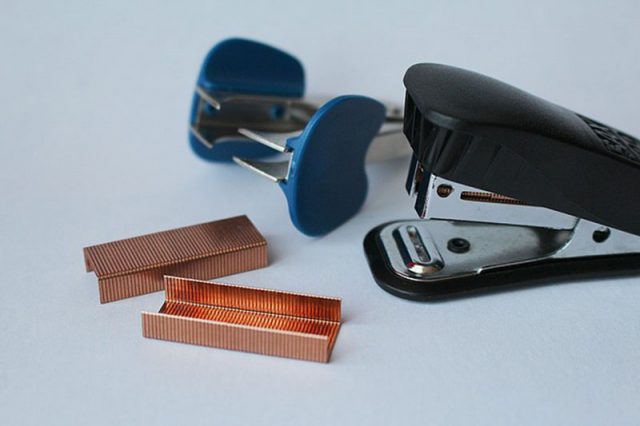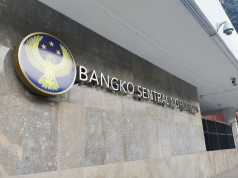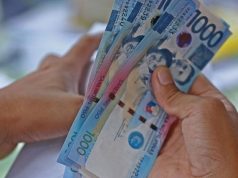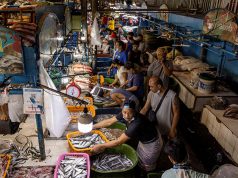Reminders against stapling the new polymer banknote circulated on social media after officials from the Bangko Sentral ng Pilipinas issued an advisory on how to properly handle the polymer bills.
Last June 13, BSP Mindanao Regional Office Bank Officer Dorothy Joy Diaz issued the reminder to those accustomed to stapling paper bills.
“The polymer ones should not be stapled. Unlike the paper banknote, you can take the staples out, and it will just leave holes but the polymer ones will rip,” she was quoted in a report.
“If it rips, then it is a mutilated banknote. Violators can be charged under the Presidential Decree 247,” Diaz added.
Presidential Decree 247 or the Central Bank Act states that willful defacement, mutilation, ripping, burning, or destruction of Philippine banknotes and coins is illegal and punishable.
Violators will be fined a maximum of P20,000 and/or be imprisoned for up to five years.
“If it is not intended, that is fine, but if done willfully, as you did it out of curiosity, that is punishable,” Diaz said.
Her words appeared on a quote card which further caught Filipinos’ attention.
“What you do not know will not harm you? Think again. Be ready to pay P 20,000 if you staple this banknote,” Estelita Bello, secretary general of the Philippine Association of Realty Consultants and Specialists, said on Facebook.
Her post has earned 1,400 likes and reactions so far. It has also been shared a whopping number of 9,000 times.
Meanwhile, some Filipinos wondered how the BSP can identify the person responsible for stapling the new banknote following the reminder.
“There is no way someone can be held accountable for this. One can just simply say he got the ‘damaged’ bill as change or from an ATM,” a Facebook user commented.
“Paano nila mapapatunayan na ikaw nga naglagay ng stapler? Paano kung nagkataon lang na ‘yung binigay sa’yo e meron stapler?” another online user wondered.
Last week, BSP Governor Felipe Medalla earned criticisms for suggesting that the public should purchase wallets of equal length with the new polymer bills.
The government agency also released an infographic on how to take care of these bills, which includes “keeping them flat.”
“Place your polymer bankotes in wallets where they fit properly. If banknotes become crumpled or creased, apply pressure, or flatten them with your hands,” the BSP said in one of the tips.
RELATED: Longer wallets needed: Eyebrows raised over BSP guidelines for new polymer bills
The new polymer banknote started circulating last April.
Then-BSP governor Benjamin Diokno said that counterfeiting bills will be “significantly more difficult and costly” due to its “advanced technology, intricate design, and complex security features.”
He previously said that the bill’s shift towards polymer was more environment-friendly, cost-effective, and safer from acts of counterfeiting.
But representatives from the local fiber industry countered him, saying that polymer banknotes are expensive to manufacture, not as durable or secure as claimed, and not at all environment-friendly.
The old banknotes were made with paper.










